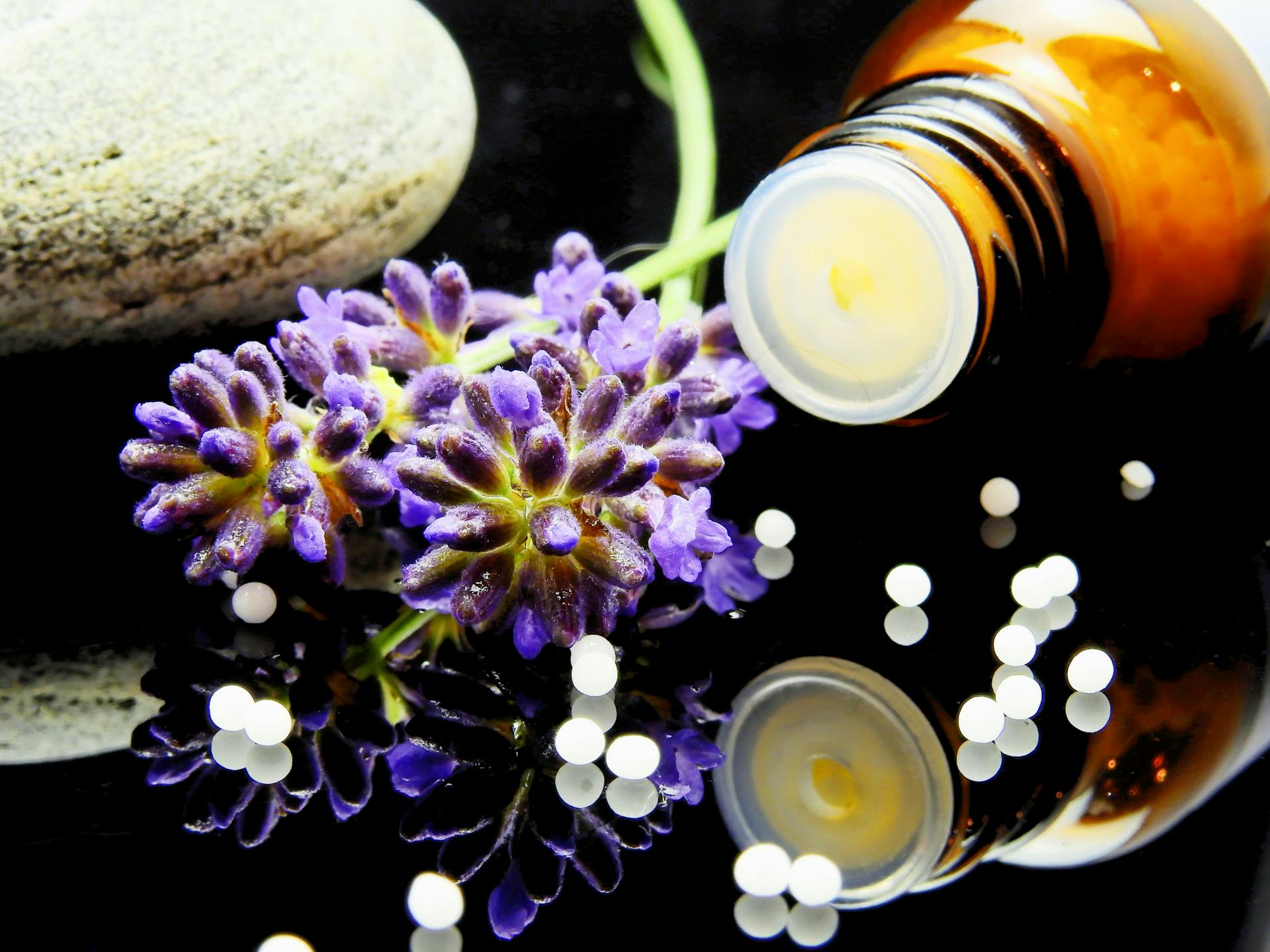Homeopathy, a holistic approach to medicine, has been gaining traction in India as a preferred alternative to conventional medical treatments. Known for its principle of “like cures like” and its focus on stimulating the body’s natural healing processes, homeopathy offers a gentle yet effective solution to many health issues. One of the standout benefits of homeopathy is its lack of side effects, making it a safe choice for people of all ages.
What is Homeopathy?
Homeopathy is a system of alternative medicine that was developed in the late 18th century by Samuel Hahnemann. It is based on the belief that the body can heal itself using highly diluted substances that trigger the body’s natural defenses. These remedies are tailored to each individual’s specific symptoms, taking into account their physical, emotional, and mental state.
History of Homeopathy in India
Homeopathy was introduced to India in the early 19th century and has since become deeply rooted in the country’s healthcare system. Today, India is one of the largest consumers of homeopathic medicine, with numerous practitioners and clinics offering treatments across the country.
The Principles of Homeopathy
1. Law of Similars
This principle states that a substance that causes symptoms in a healthy person can cure similar symptoms in a sick person. For example, a remedy made from onions (which cause watery eyes) can be used to treat allergies that produce watery eyes.
2. Minimum Dose
Homeopathic remedies are prepared through a process of serial dilution and succussion (vigorous shaking). This ensures that the final product contains only a minute amount of the original substance, which minimizes the risk of side effects.
3. Individualized Treatment
Homeopathy recognizes that each person is unique, and treatments are customized to match the individual’s specific symptoms and overall constitution.
Why Homeopathy is the Best Alternative
1. Natural and Holistic Approach
Homeopathy treats the whole person rather than just the symptoms of a disease. This holistic approach helps to address the root cause of the illness and promotes overall well-being.
2. No Side Effects
One of the most significant advantages of homeopathy is its safety profile. The highly diluted nature of the remedies ensures that there are no toxic effects, making it suitable for everyone, including infants, pregnant women, and the elderly.
3. Cost-Effective Treatment
Homeopathic medicines are often more affordable than conventional drugs. This makes homeopathy an accessible option for many people in India, especially those in rural areas.
4. Effective for Chronic Conditions
Homeopathy has been found to be particularly effective in treating chronic conditions such as asthma, arthritis, and eczema. It offers long-term relief by addressing the underlying causes of these ailments.
5. Personalized Care
Homeopathic practitioners spend considerable time understanding the patient’s history, lifestyle, and symptoms. This personalized care leads to more effective and tailored treatments.
Common Conditions Treated with Homeopathy
1. Allergies and Asthma
Homeopathic remedies can provide relief from symptoms of allergies and asthma by strengthening the body’s immune response.
2. Skin Disorders
Conditions like eczema, psoriasis, and acne can be effectively managed with homeopathic treatments that focus on balancing the body’s internal systems.
3. Digestive Issues
Homeopathy offers solutions for digestive problems such as irritable bowel syndrome (IBS), acidity, and constipation by addressing the root causes and improving digestive health.
4. Mental Health
Homeopathy can also be beneficial for mental health issues like anxiety, depression, and stress. Remedies are selected based on the individual’s specific emotional and mental symptoms.
Success Stories: Real-Life Examples
1. Asthma Relief
Rohit, a 10-year-old boy from Delhi, had been suffering from asthma since childhood. After trying various conventional treatments with limited success, his parents turned to homeopathy. Within a few months of treatment, Rohit’s symptoms significantly improved, and he now leads an active, asthma-free life.
2. Eczema Cure
Anita, a young woman from Mumbai, struggled with chronic eczema for years. Frustrated with the side effects of steroid creams, she decided to try homeopathy. The individualized treatment plan not only cleared her skin but also improved her overall health.
How to Choose a Homeopathic Practitioner
1. Check Qualifications
Ensure that the practitioner is a qualified homeopath with a recognized degree or diploma in homeopathy.
2. Look for Experience
Choose a practitioner with experience in treating the specific condition you are seeking help for.
3. Ask for Recommendations
Word of mouth and online reviews can be helpful in finding a reputable homeopath.
Homeopathy vs. Conventional Medicine
1. Safety Profile
While conventional medicine often comes with a range of side effects, homeopathy is free from such risks due to its natural and diluted remedies.
2. Treatment Approach
Conventional medicine typically focuses on alleviating symptoms, whereas homeopathy aims to treat the whole person and address the root cause of the illness.
3. Long-Term Benefits
Homeopathy offers sustainable and long-term benefits by promoting overall health and preventing recurrence of illnesses.
Conclusion
Homeopathy stands out as a powerful alternative to conventional medical treatments in India. Its holistic, natural, and personalized approach not only provides effective relief from a wide range of conditions but also ensures safety with no side effects. As more people seek gentle and sustainable healthcare solutions, homeopathy continues to grow in popularity and acceptance across the country.


